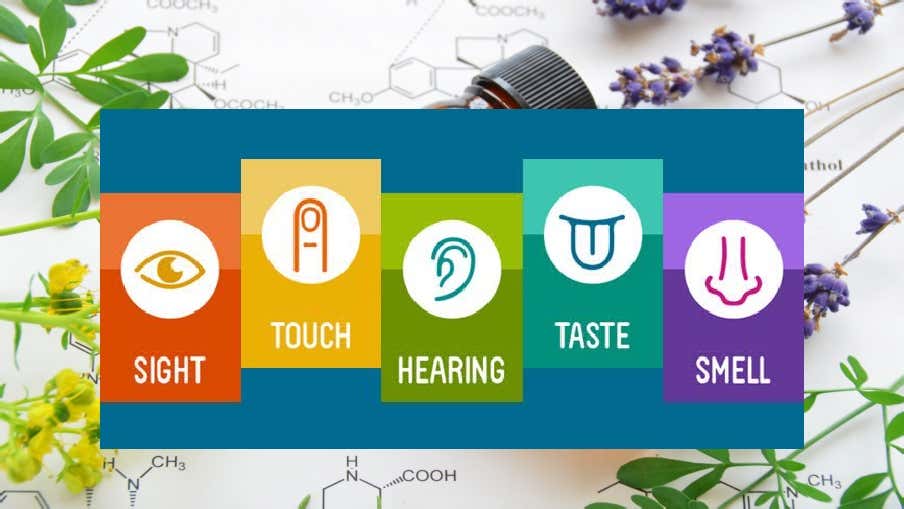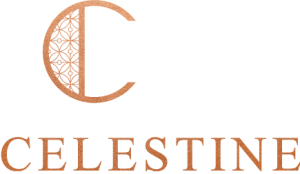
CELESTINE SECRETS
" Things to-do today:
Breathe in ... Breathe out ... The Essence of life."
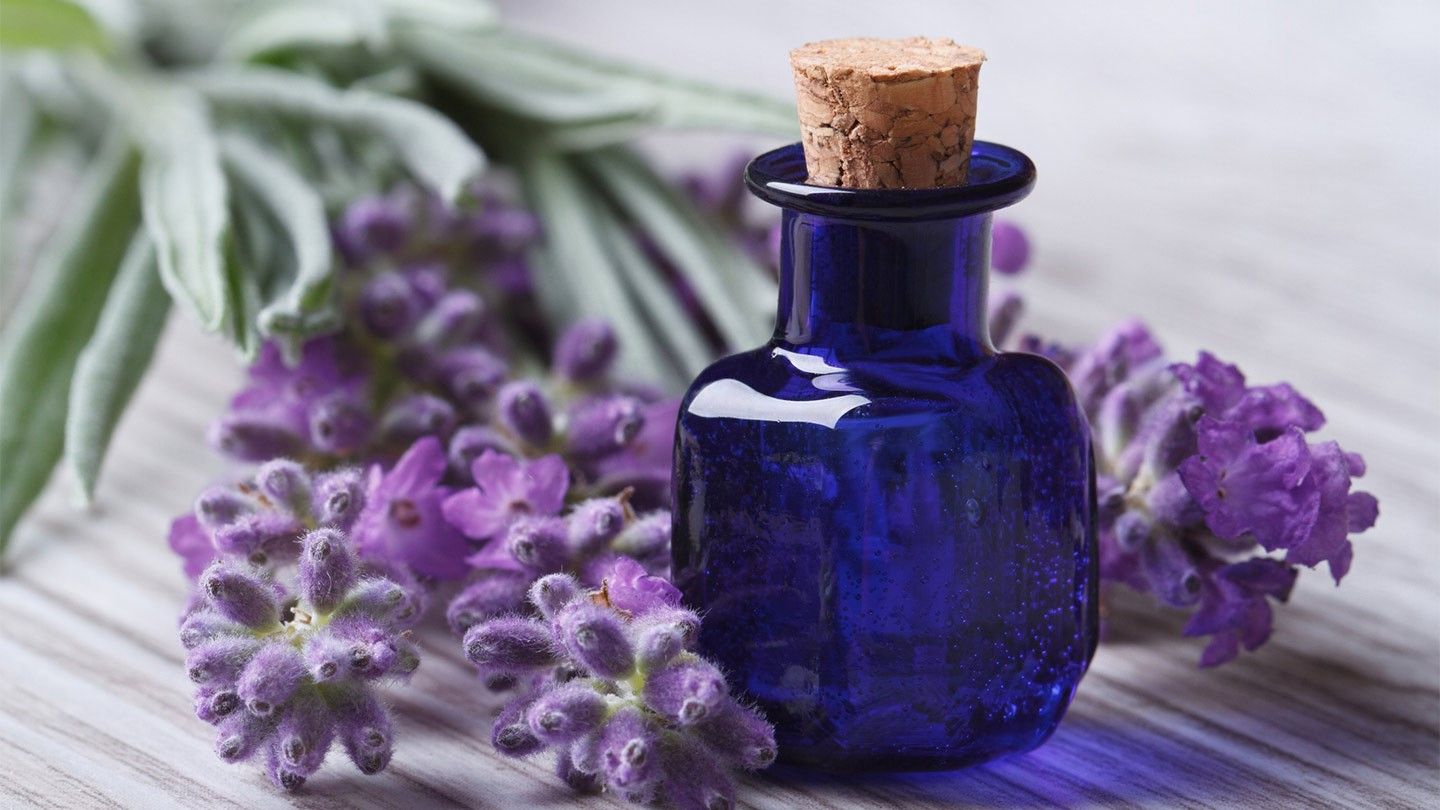
Welcome
So many of the products we use in our day-to-day lives are filled with synthetic chemicals. These unnatural products can weigh us down and even negatively influence the way we think, feel, and live. Pure essential oils offer an alternative to synthetic products. Essential oils are more than just natural products. Each with a unique chemical makeup, essential oils have dozens of benefits for the body and mind. Essential oil benefits are determined by the chemistry of the plants. If these natural chemicals are properly extracted, they can be used to help you physically, mentally, and emotionally in your daily life.
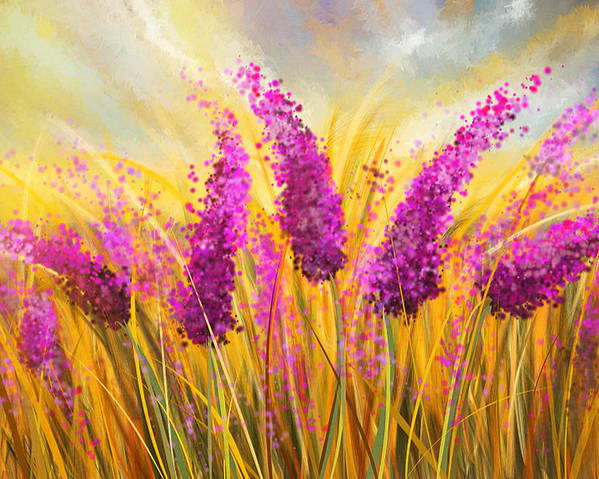
Our Philosophy
The very first
sense we use is smell. An adult can distinguish about 10000 different kinds of scents.
How does aromatherapy work? Aromatherapy works through the sense of smell and
has an interaction in the blood with enzymes and hormones.
So many of the products we use in our day-to-day lives are filled with synthetic chemicals. These unnatural products can weigh us down and even negatively influence the way we think, feel, and live. Pure essential oils offer an alternative to synthetic products. Essential oils are more than just natural products. Each with a unique chemical makeup, essential oils have dozens of benefits for the body and mind. Essential oil benefits are determined by the chemistry of the plants. If these natural chemicals are properly extracted, they can be used to help you physically, mentally, and emotionally in your daily life.
"Start your day with gratitude.
Focus on how you want to feel and the day you want to have."
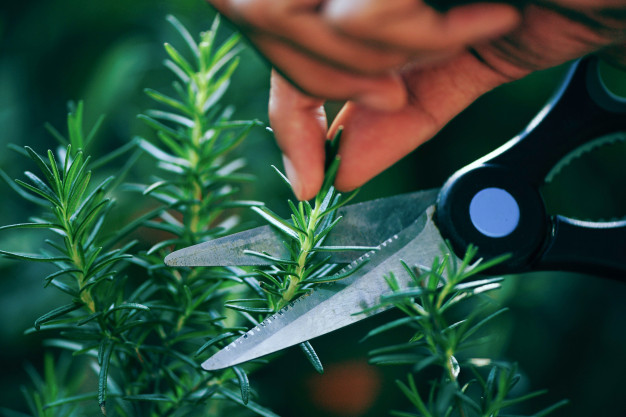
Aromatherapy
Aroma means 'scent' and therapy means 'treatment.' Aromatherapy, then, is the use of the fragrant parts of aromatic plants to
improve your health and general well being. First, of course, aromatherapy
offers pure enjoyment. Next it has many other benefits! Inhaling the
appropriate fragrance can reduce stress, lift a depression, hasten a good
night's sleep, sooth your soul, or give you more energy.
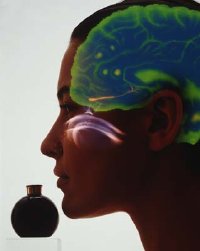
Aromatherapy, or essential oil therapy, can be defined as “the art and science of utilizing naturally extracted aromatic essences from plants to balance, harmonize and promote the health of body, mind and spirit." Exploring natural plant to find new chemical entities for human health and wellbeing is one of the fastest growing areas of research in the last decade. It is worth mentioning that not all plants do enclose essential oils; it is found in just about 20 per cent of all plants, mostly grown in environs that are hot and dry. These essential oils are present in the plants in maximum amounts during particular points in time during the daytime and at specific periods every year. For the plants, their essential oils are an element of their individual immune system. When these oils disperse or evaporate, they build a sort of barrier covering the leaves or the other parts of the plants to offer some kind of protection against infections.
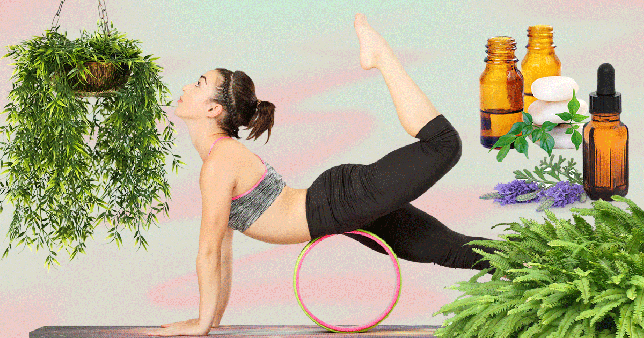
The use of aromatic plants for health purposes
is nearly 6000 years old. The Aborigines in Australia were major users of the
different types of Melaleuca species such as niaouli, tea tree or cajeput,
these essential oils are now again important in modern aromatherapy. In India,
essential oils or fragrances from plants are considered 'prana' (breath of
life) and they have been used in ayurvedic medicine for centuries because of
their medical functioning. The ancient Egyptians knew very well about essential
oils, which they used, among other things, for embalming their dead, for body
care and as a basic ingredient for their perfumes. The Egyptians passed this
knowledge on to the Greeks, who in turn passed it on to the Romans, who made
generous use of fragrances in their well-known bathing culture.
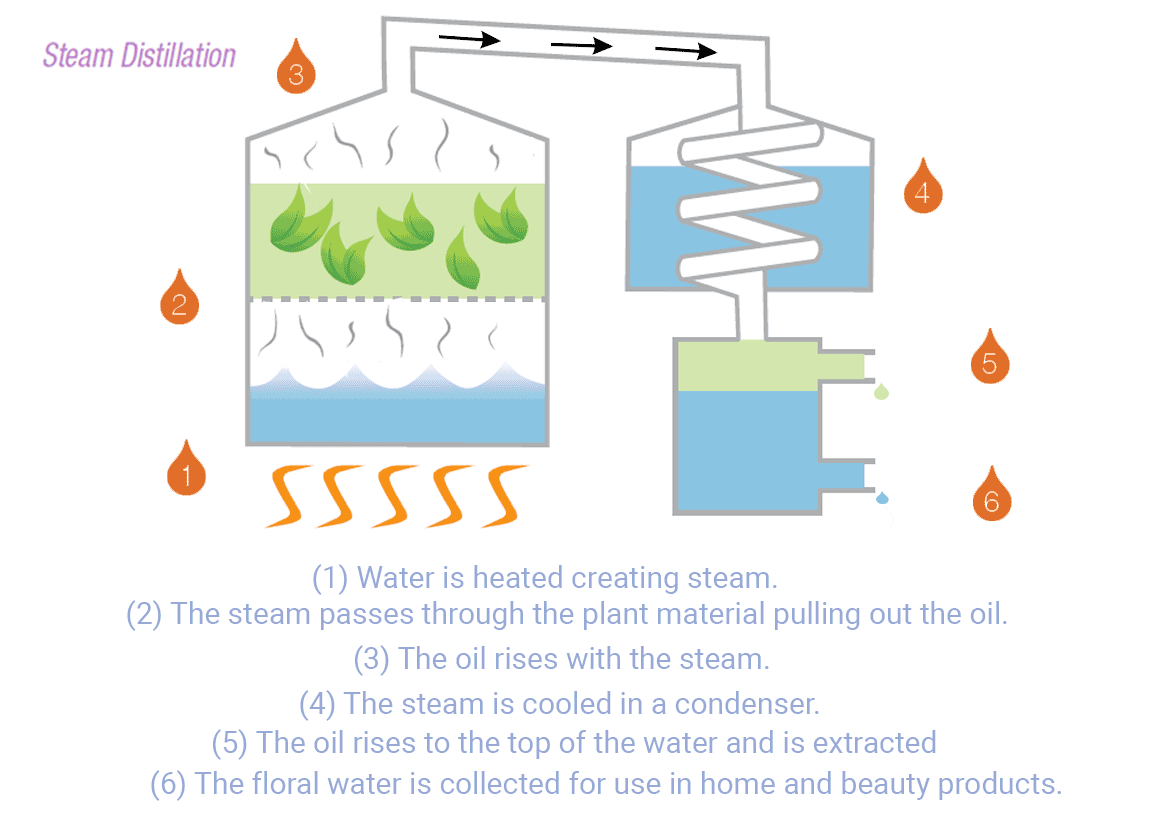
However, it was the Arabs who were at the root of their use. The renowned Arab doctor Avicenna developed a distilling flask around the year 1000 for the extraction of essential oils. Its method of distillation is still used to this day. In Europe, France became the centre of industrial extraction through steam distillation. The term 'aromatherapy' was first used by French pharmacist René-Maurice Gattefossé in 1928. He discovered the healing properties of lavender oil after severely burning his hands in a laboratory explosion. Thanks to René-Maurice Gattefossé, who discovered the antibacterial effects of essential oils and studied them for years, the use of essential oils became popular.

Always a lot of plant material is needed to obtain good quality essential oil, and
this also explains why essential oil is usually quite expensive. For example,
one needs 4,000 kilograms of rose petals (the equivalent of one hectare of rose
cultivation!) to obtain one litre of essential oil. A litre of essential lavendula
officinalis oil requires 150 kilo bloom tops.
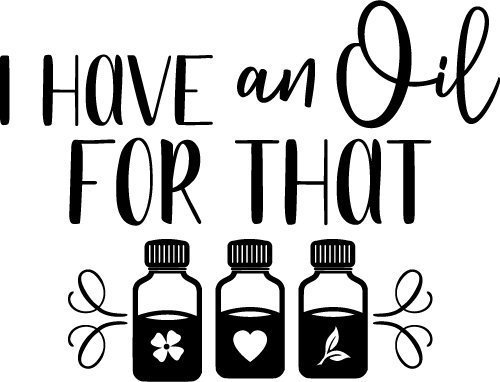
"Getting through life...one drop of Essential Oil
at a Time"
Our team
Curious about the faces and forces behind Celestine Secrets?
We, Shekina Jazz & Erik turned our passion into a profession, madly ambitious to make our world a nicer place to live in!

Join Our Newsletter
Get our latest news, special offers, recipe tips and more. Enter your name and email below to susbcribe now
